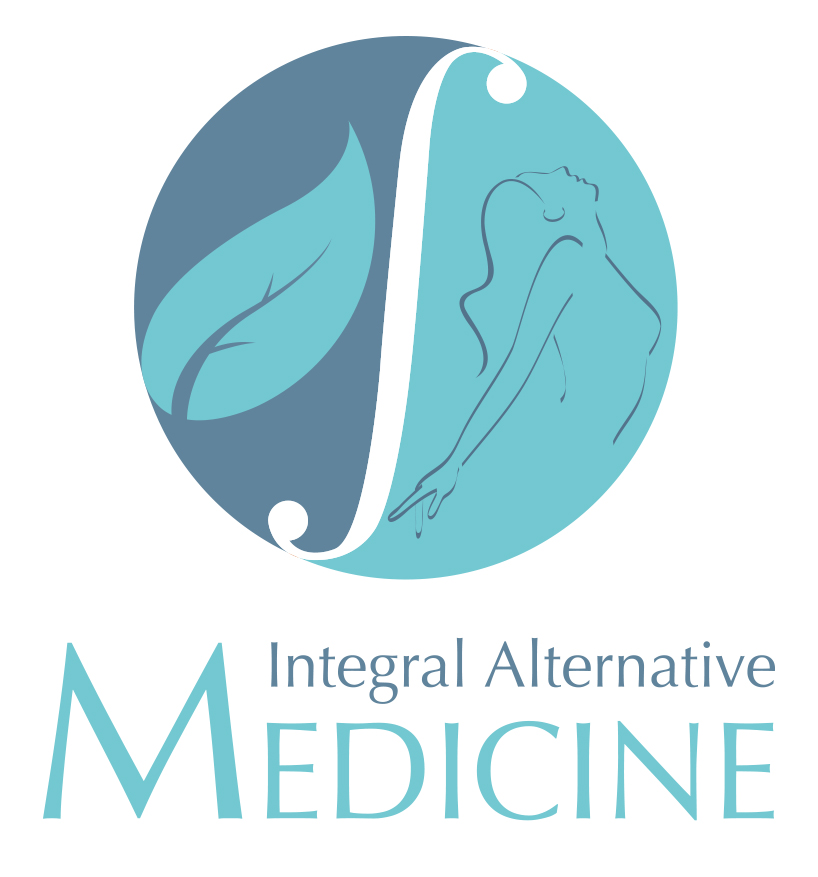-
 Integral Alternative Medicine LLC730 S Dearborn St
Integral Alternative Medicine LLC730 S Dearborn St
Chicago, IL 60605(312) 631-3095 -
 EVANSTON AREA1609 Sherman Ave, Ste 205, Evanston, IL 60201(312) 631-3095
EVANSTON AREA1609 Sherman Ave, Ste 205, Evanston, IL 60201(312) 631-3095 -
Latest Articles:
- • Strategies to Stay Calm and Joyful During the Season •
- • How to Stay Mentally Resilient in the Colder Months •
- • Three Delicious and Healthy Soup Recipes to Keep Warm This Winter •
oriental medicine
Dealing with Menopause with Alternative Methods.
Most women suffer menopause symptoms at the end of their reproductive lifespan between the ages of 40 and 55. Those hormonal changes cause imbalances in the hormonal interplay between the pituitary gland, the hypothalamus, and the ovaries.
The menopausal symptoms include missed or irregular periods, hot flashes, night sweats, palpitations, moodiness and depression, headaches, memory loss, insomnia, loss of libido, vaginal dryness and dry skin, among others.
Eastern Medicine has several ways to address those menopausal imbalances, depending on the patient preference and particular situation.
According to our experience most patients refer immediate reduction of hot flashes, stabilize their mood and improve their sleep after few acupuncture sessions, although we usually recommend a series of 8 weekly sessions and at least one monthly session thereafter. In some cases we also recommend a customized herbal formula to complement the treatment. Results vary from person to person and can not be warranted.
Acupuncture has shown to be effective in reducing menopausal symptoms, lasting for up to 3 months as described on an article of The Journal of the American Menopause Society, where they studied the effect of acupuncture on hot flashes and sweating episodes after menopause, indicating that “Acupuncture significantly affects hot flashes and sweating episodes after menopause, with effects persisting at least 3 months after the end of treatment.” Read the abstract
For more information, call our office for an in-person or TeleHealth appointment here or call our office.
Disclaimer: This article contains general information about health topics and it is for educational purposes only. It does not constitute medical advice. If you have any questions related to your condition you should contact your doctor or healthcare provider. If you think you may be suffering from any medical condition, you should seek immediate medical attention.
So, What is Oriental Medicine?
What is this Oriental Medicine?
At Integral Alternative Medicine our training sets us apart as a Masters of Oriental Medicine. We are Illinois Licensed Acupuncturists (L.Ac) and a Nationally Certified Herbalists. (NCCAOM, Diplomates of Oriental Medicine)
Our work differs from that of a simple acupuncture “technicians” because we do more than just treat pain and symptoms. Our extensive training reaches far beyond that. For over 4 years, we studied Oriental Medicine, an entire system of diagnosis that treats the underlying cause of health problems as well as the manifestation of symptoms. Like conventional medicine, this system is a way to look at and treat the human body. It is simply a different (alternative) system of healthcare than what has been in use in this country in recent times. This system (TCM) Traditional Chinese Medicine is based on almost 3000 years of observational research and documentation. The system utilizes observation of one’s climate, occupation, symptoms and habits to establish an observable pattern. The circuitry of the body is then used to bring the body back from this out-of-balance pattern to a state of homeostasis.
As you may suspect, disharmonies may occur in any of the three disciplines—mind, body or spirit. Each affects the other, so correcting a physical issue may in turn correct an emotional one and vice versa. This method is so effective because it treats the body as a whole interactive entity instead of disconnected parts. How one thinks and feels affects physical health. And physical health affects how one thinks and feels. It’s a simple, beautiful and useful concept.
What can be treated with Oriental Medicine? Since Oriental Medicine is a complete system of medicine, it is appropriate for any complaint. But like conventional medicine, it has its areas of strength. Conventional medicine is the medicine of choice for trauma, accidents and some serious life threatening conditions, while TCM is a great choice for treating most everything else. It works well as a stand alone system and also serves as a great supplement to conventional medicine. The issues that can be treated are too numerous to list, but here are just a few: colds and flu, headache, insomnia, obesity, weight loss/gain, menstrual pain, menopausal symptoms, infertility, erectile dysfunction, depression, anxiety, bi-polarism, hair loss, arthritis, pain, sports injuries and stress. Long term debilitating diseases also respond well to TCM. Some of these diseases include high blood pressure, heart disease, diabetes, addictions, MS, Parkinson’s and fibromyalgia. Additionally TCM is used to alleviate the symptoms of cancer treatment, nausea and pain during pregnancy and delivery, and to minimize facial wrinkling. How does it treat so many things? TCM is so successful because it relies on accurate diagnosis. Two individuals may have the same (Western) disease, but in TCM terms their diagnoses may be different. Therefore the two individuals will receive differing TCM treatments because the underlying causes differ. Once again simple and beautiful and also an explanation as to why some medicines work for some people and not others.


